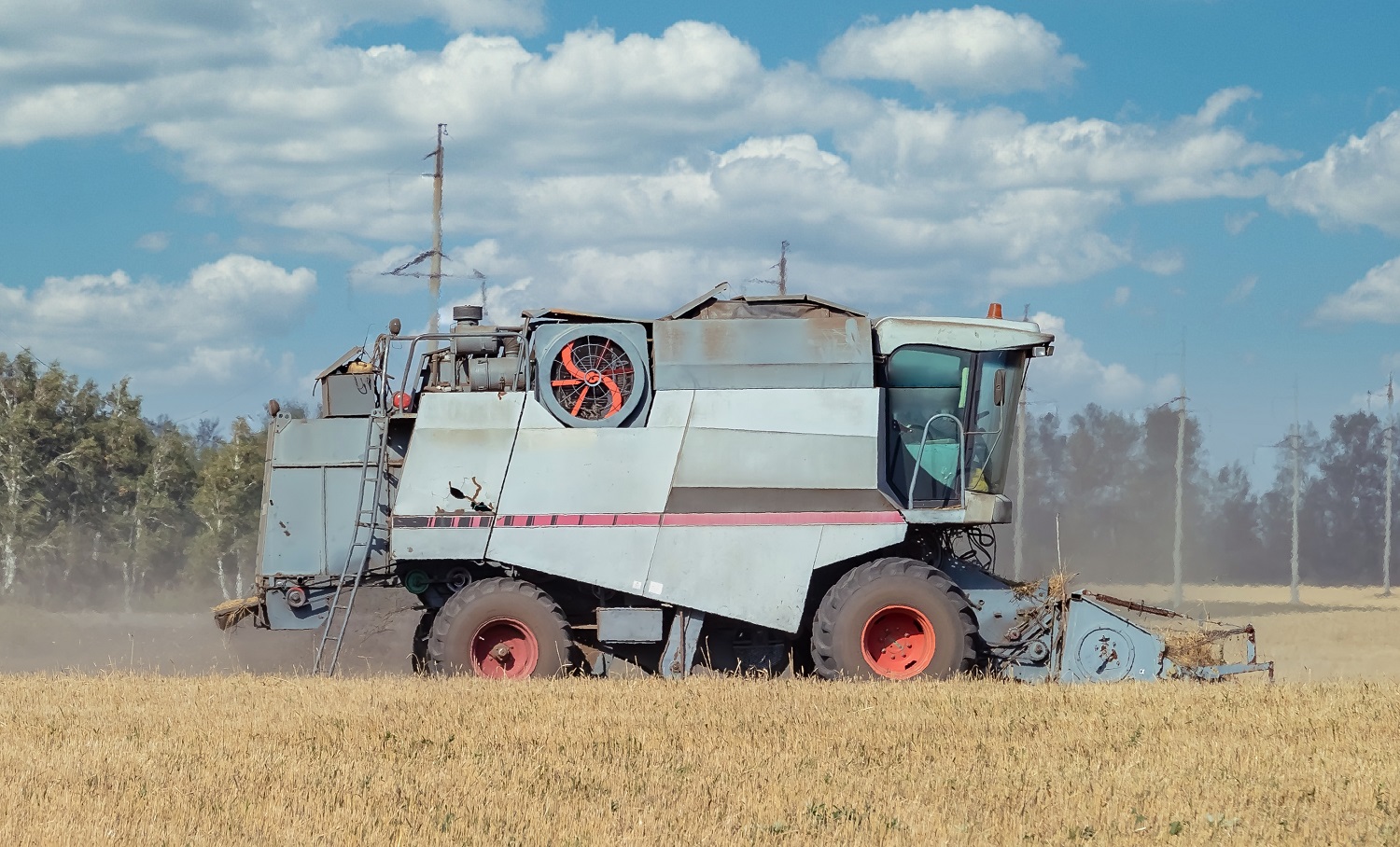The World Bank recently (18/5) announced planned actions for global food crisis response to the ongoing food security turbulence. More than 30-billion-dollar funds will be used by The World Bank in existing and new projects in areas such as agriculture, nutrition, social protection, water, and irrigation.
According to The Economist journal, Russia and Ukraine supply 12% of traded calories worldwide, while they supply 28% of globally traded wheat, 29% of the barley, 15% of the maize, and 75% of the sunflower oil. Food exports from Ukraine provide the calories to feed 400 million people. Households in emerging economies spend 25% of their budgets on food, in sub-Saharan Africa as much as 40%, while in Egypt (the biggest importer of Russian and Ukrainian wheat) bread provides 30% of all calories.
The increasing number of hungry people means that companies and governments must adopt urgent measures to improve current situation. These measures are not only important in terms of producing or storing food, but mainly on how to keep prices at a sustainable level without ending up with a new global financial crisis.
To sum up, the FAO Food Price Index (FFPI), as a measure of the monthly change in international prices of a basket of food commodities, averaged over 150 points in recent months. Thus, this crisis is bigger than the one of 2008, and we still cannot predict when prices will return to pre-2021 levels.























0 comments:
Post a Comment